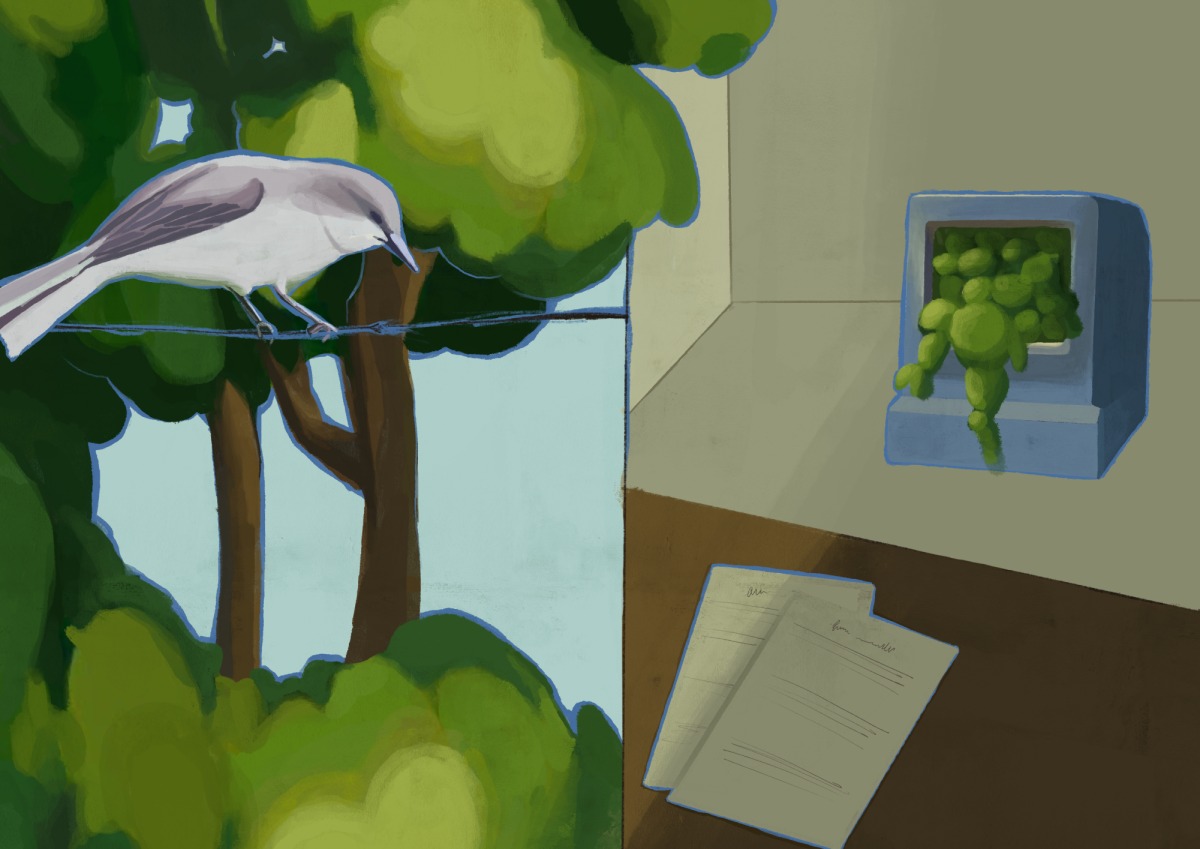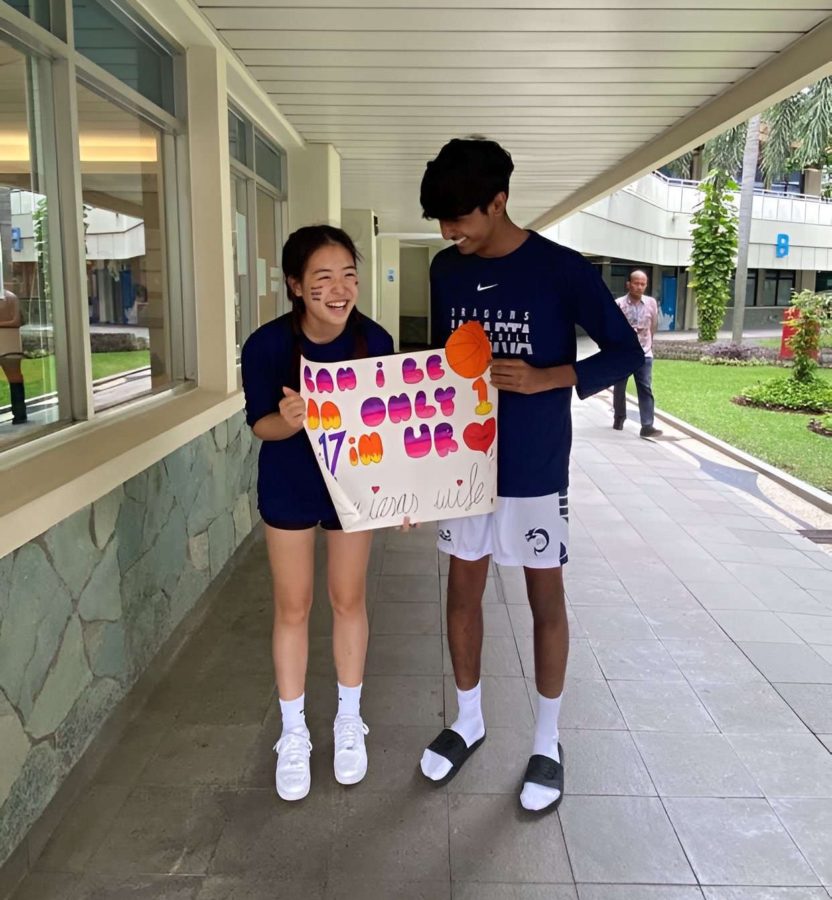Expatriate students at JIS stay balanced between adapting to new environments and preserving the cultural connections that have shaped them. Each move brings new challenges—learning different languages, and adjusting to unfamiliar customs—but these experiences can deepen their appreciation for encountering diversity.
Within the transition of moving abroad, celebrations and traditional holidays from their native countries can play a crucial role in maintaining a sense of continuity. By engaging in familiar events amongst family and a community that understands the significance of these traditions, a sense of stability is created.
Atticus H., a Vietnamese-American junior who has lived in Japan, Australia, and China, views celebrations as “somethings to look forward to.” He maintains his cultural identity by celebrating Thanksgiving and Christmas with his family.
Beyond celebrating holidays, daily habits can also contribute to helping expats feel more connected—even within their diverse experiences. Although in a different geographical location, preserving aspects of their life in a previous home can invite reminiscing. Alexa Z., a Canadian-American senior who has lived in Greece, Bosnia, and Latvia, said, “[I] have adapted these cultures and made them part of my own.” Alexa often uses the Bosnian phrase “laku noc” (good night) with her family.
For their family, this phrase is more than just a way to say good night; it serves as a reminder of their time in Bosnia and a way to keep a piece of their past alive in Jakarta.
Furthermore, Ethan N., a Filipino-Vietnamese sophomore who lived in Saudi Arabia and Egypt for eight years, developed a love for Arabic cuisine, particularly falafel and shawarma. He noted that these foods “always bring back memories of [his] time back in the Middle East.”
In this way, food can serve as a link to how expats find a sense of continuity. Ethan’s curiosity to seek out these dishes in Jakarta and rediscover familiar flavors are ultimately rewarding, providing him a sense of nostalgia and comfort.
Moreover, a major event that allows JIS students to showcase and celebrate their cultures is UN Day. This celebration highlights the diversity of our school community through cultural performances and a food festival. Parents offer dishes from their native countries, presenting students with a taste of the world, and an assembly occurs, with various country clubs performing traditional art forms.
For expat students, this event holds a particular significance as it offers them a chance to celebrate and share their heritage with others—which can foster a sense of belonging in an overseas environment. As Ethan N. puts it, “UN Day is a way for a lot of cultures to come together and share what they can offer.”
Moving to new countries, adapting to different surroundings, interacting with students from all over the world, and experiencing various views on certain situations also broadens perspectives.
“Being an expat is a fundamental part of who I am and gives me the ability to understand people and be more empathetic and open minded,” Alexa said.
Ethan explains how experiencing a diverse range of cultural norms has shaped his thinking, “Whether it is a small argument with a friend or a significant political view, my experience helps me stay neutral.”
Expat students at JIS help contribute to the school community by sharing their diverse traditions, languages, and experiences. As they adapt to life in Indonesia, they not only carry with them pieces of their own cultures but also adapt to aspects of the rich culture here too.






























